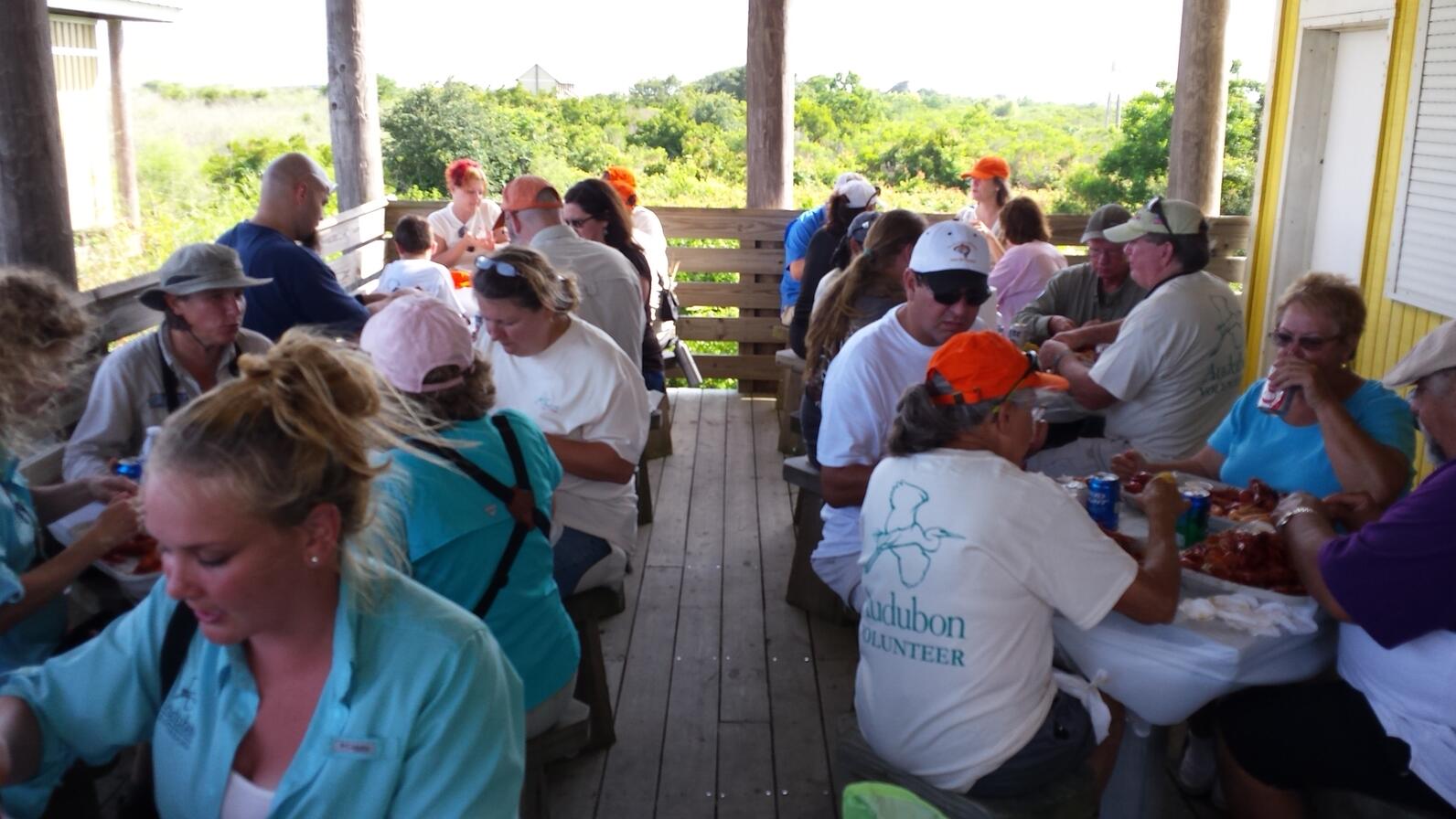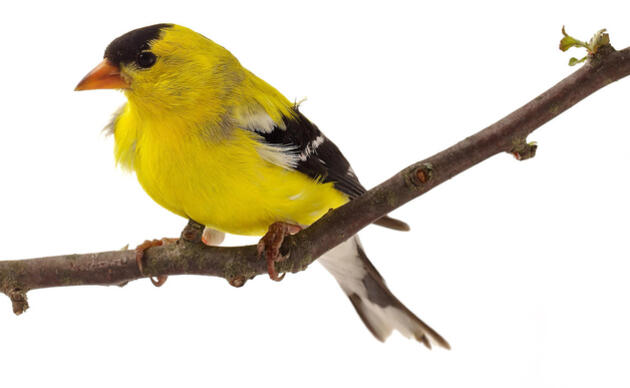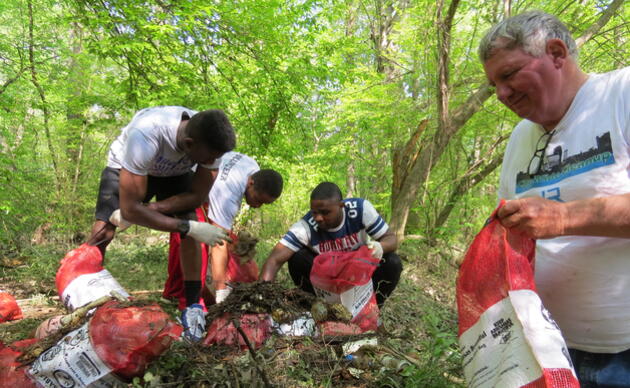In May, a group of more than 30 volunteers gathered at the Grand Isle Community Center to learn about issues facing Louisiana’s beach-nesting birds and how people can help. Cute, fuzzy chicks of birds such as Least Terns and Wilson’s Plovers need our help during each spring and summer to protect them from human disturbance and other threats.
“There are many ways birds and people can share the beach, it’s just a matter of awareness,” says Erik Johnson, Audubon Louisiana’s Director of Bird Conservation. “We need help informing beach-goers about what beach-nesting birds need to successfully raise their little ones. These threatened birds need safe, open, sandy areas and we hope folks will respect the birds by keeping their distance.”

The volunteer training included information on how to identify shorebirds, how to interpret bird behavior, and ways to help beach-nesting birds succeed. The training was followed by a crawfish boil celebration to show appreciation for new and current volunteers, as well as program partners.
Least Tern and Wilson’s Plover chicks are camouflaged to avoid predation and nests are also hard to see because the birds lay their eggs in shallow depressions, or “scrapes,” in the sand. Audubon Louisiana marks sensitive beach areas with signs and symbolic fencing to prevent people from accidentally entering nesting sites. This reduces the chances of eggs and chicks being inadvertently trampled, run over, or harmed in other ways if parent birds are flushed (or chased away) from nests.
In addition to ensuring there is suitable habitat for birds through the implementation of Louisiana’s Coastal Master Plan and other initiatives, Audubon organizes the Coastal Bird Stewardship Program as well as the Coastal Bird Survey to monitor and encourage birds to successfully live and breed on beaches.
Next time you’re on the beach, remember the following:
- Keep your distance: Sensitive nesting areas are posted with signs. When an adult bird is flushed or chased away, chicks and eggs are vulnerable to predators and overheating.
- Keep pets leashed: Nesting birds are very sensitive – even good pets are perceived as predators and will disturb nesting activities.
- Take your trash with you and dispose of fishing line properly: Birds can become easily entangled in loose line, plastic bags, and other unsightly garbage.
- Please do not feed the wildlife: This will attract predators, like gulls, crows, and other animals that will eat bird eggs and chicks.
- Get involved: Volunteer stewards help teach beachgoers how to help protect these vulnerable birds. Join our mailing list to receive updates, news, and notifications about volunteer opportunities.





